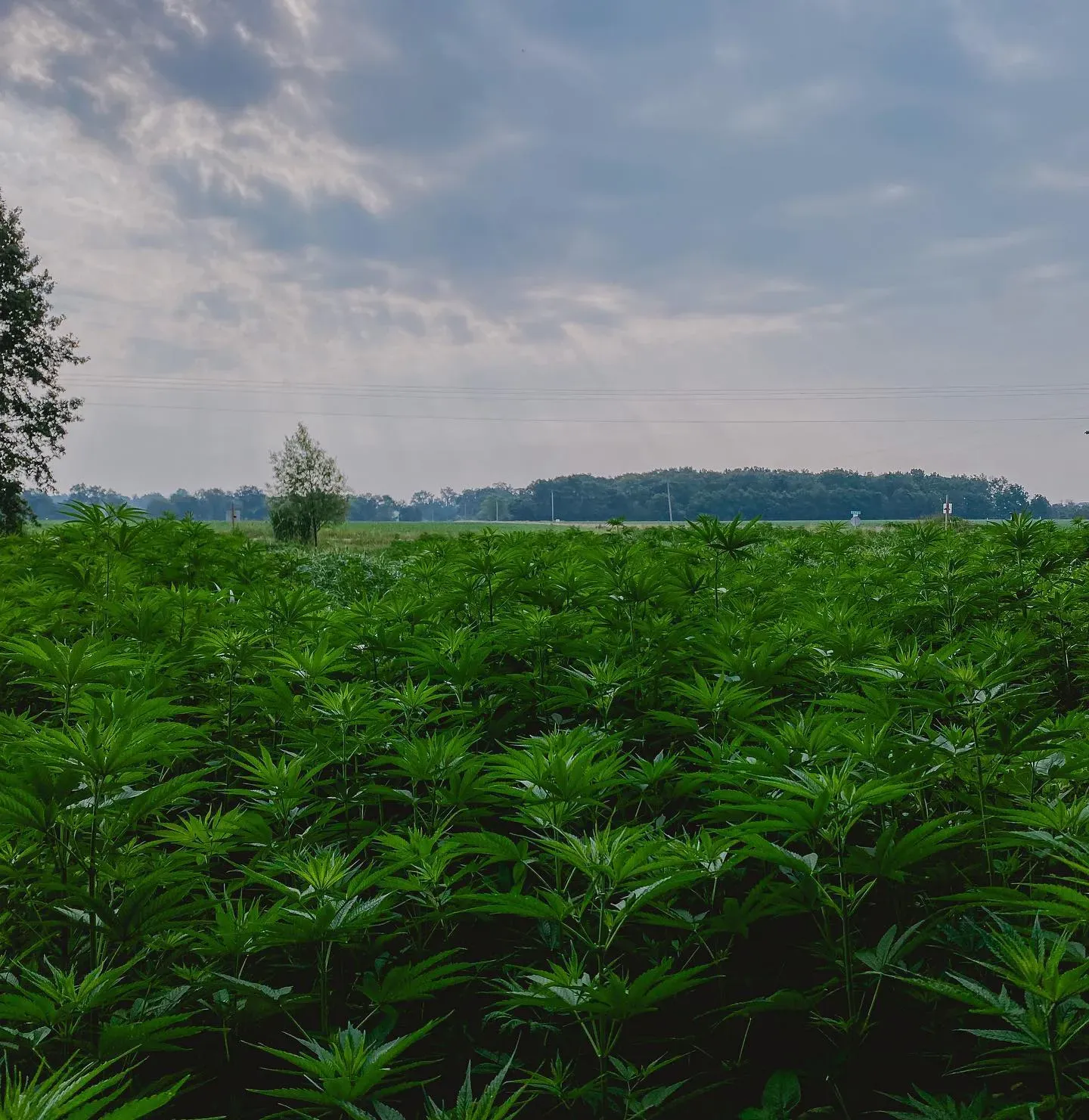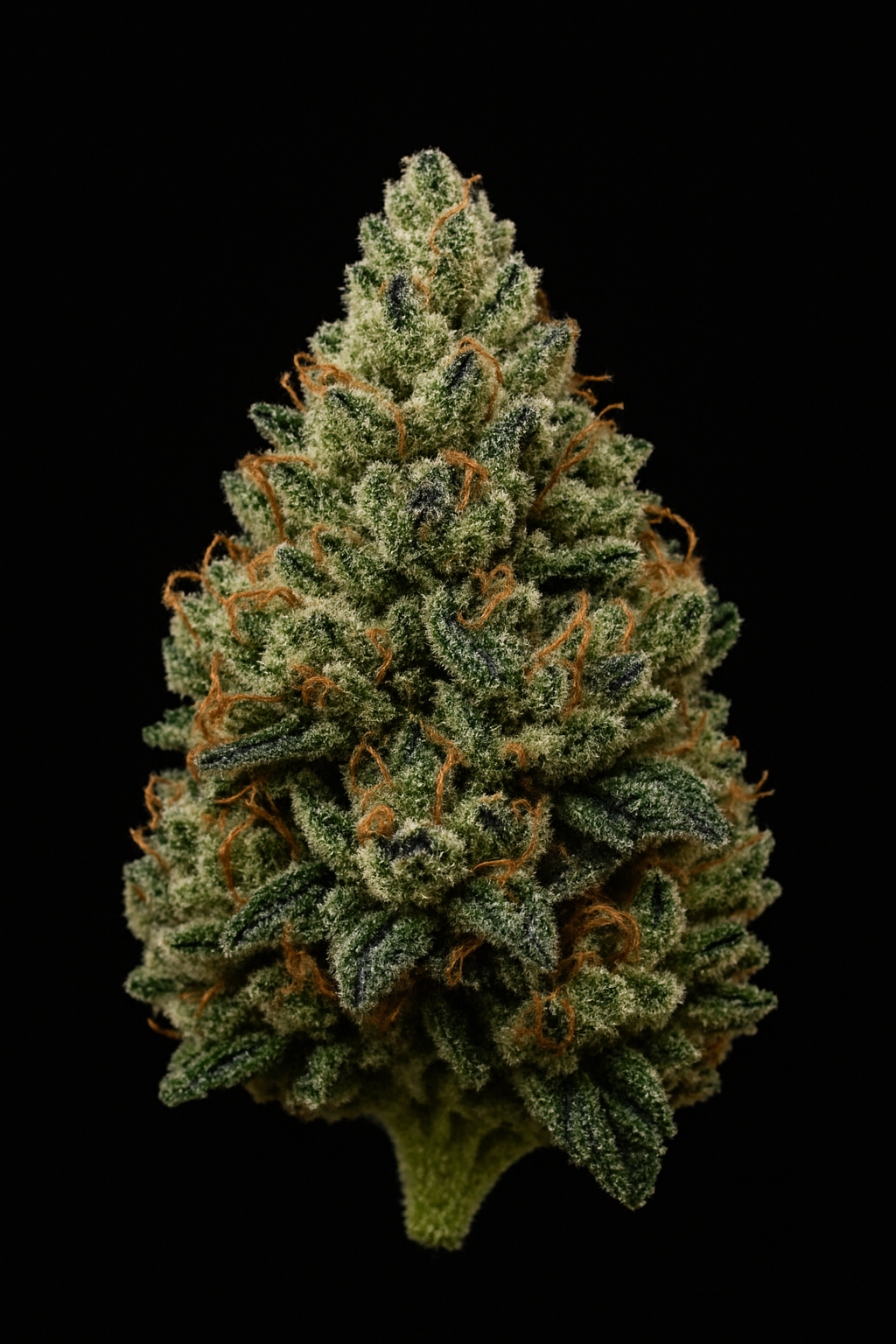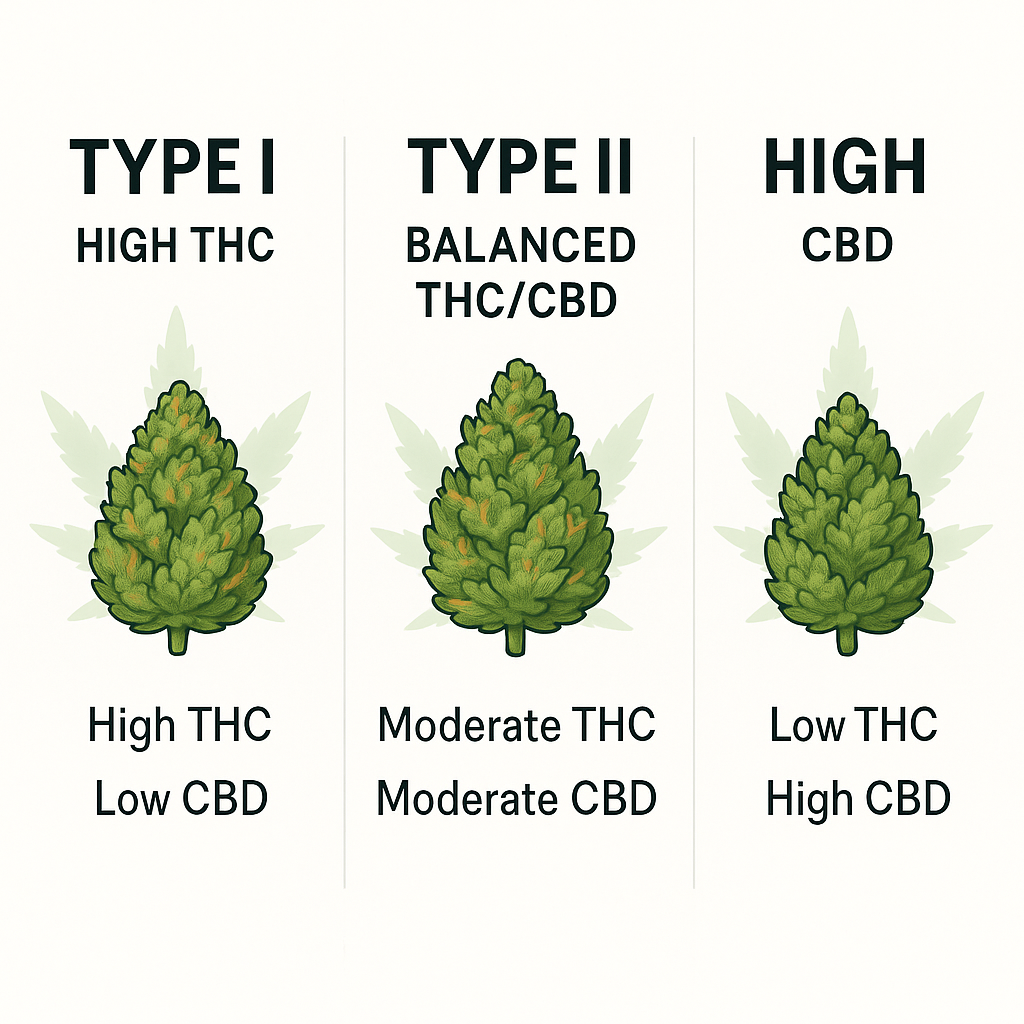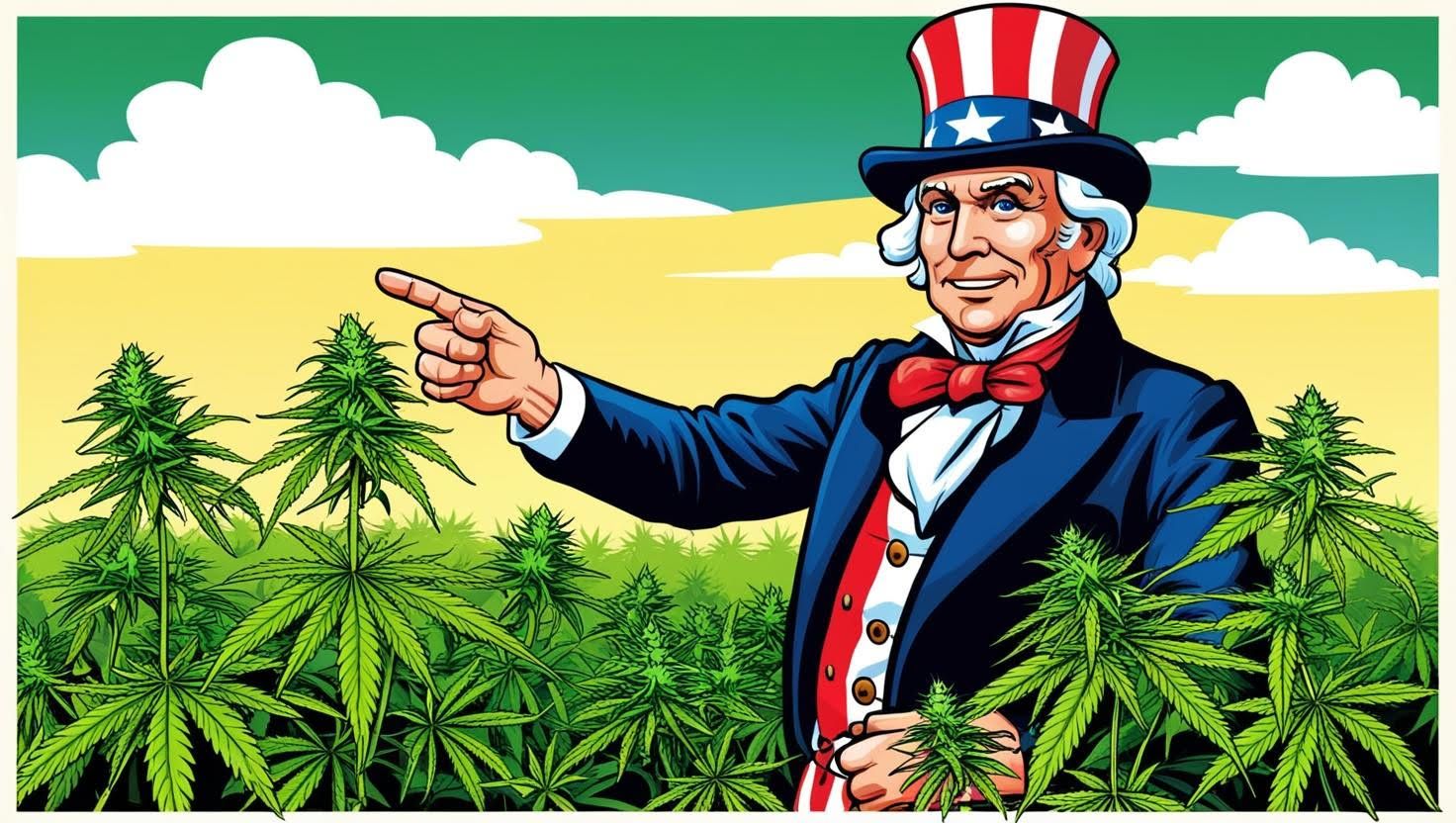How the 2018 Farm Bill Created the Hemp Industry
How the 2018 Farm Bill Created the Hemp Industry
The 2018 farm bill, also known as the Agriculture Improvement Act of 2018, is a landmark piece of legislation that has had a significant impact on the agricultural industry in the United States. One of the most notable changes introduced by the bill was the legalization of hemp at the federal level. This has led to the emergence of a new industry centered around the production and sale of hemp and hemp-derived products.
Prior to the passage of the 2018 farm bill, hemp was classified as a Schedule I drug under the Controlled Substances Act, along with marijuana. This made it illegal to grow hemp without a special permit from the Drug Enforcement Administration, which was extremely difficult to obtain. As a result, the production of hemp in the United States was severely limited.
The 2018 farm bill changed all of that by removing hemp from the list of controlled substances and reclassifying it as an agricultural commodity. This means that farmers can now legally grow hemp without fear of prosecution, as long as they follow certain regulations and obtain the necessary licenses and permits.
The legalization of hemp has opened up a wide range of opportunities for farmers, entrepreneurs, and investors. Hemp is a versatile crop that can be used for a variety of purposes, including textiles, paper, building materials, biofuels, and even food products. It is also a rich source of CBD, a non-psychoactive compound that has been shown to have a wide range of health benefits.
Since the passage of the 2018 farm bill, the hemp industry has experienced explosive growth. According to a report by the Brightfield Group, the U.S. hemp industry was worth $4.2 billion in 2019, and is projected to reach $16.9 billion by 2025. This growth has been driven by a combination of increased demand for hemp-derived products and the availability of new investment opportunities.
One of the key factors driving the growth of the hemp industry is the popularity of CBD products. CBD, or cannabidiol, is a compound found in hemp that has been shown to have a wide range of health benefits. It is commonly used to treat conditions such as anxiety, depression, and chronic pain, and is available in a variety of forms, including oils, tinctures, and edibles.
The legalization of hemp has also created new opportunities for farmers. Hemp is a relatively easy crop to grow, requiring little in the way of pesticides or fertilizers. It is also a fast-growing crop that can be harvested in as little as 90 days, making it an attractive option for farmers looking to diversify their crops and increase their profits.
In conclusion, the 2018 farm bill has been a game-changer for the hemp industry in the United States. By legalizing hemp at the federal level, the bill has opened up new opportunities for farmers, entrepreneurs, and investors, and has created a booming market for hemp-derived products. As the industry continues to grow, it is likely to become an increasingly important part of the agricultural landscape in the United States.

















